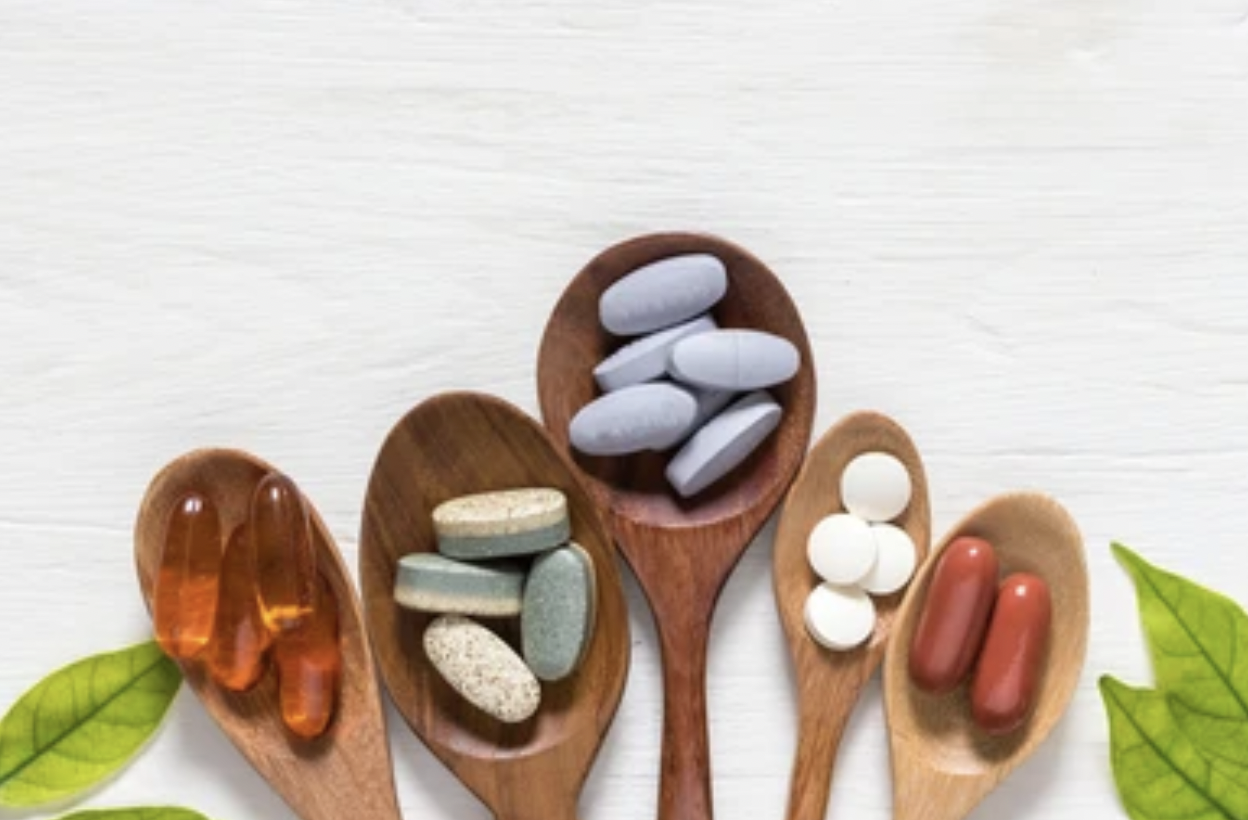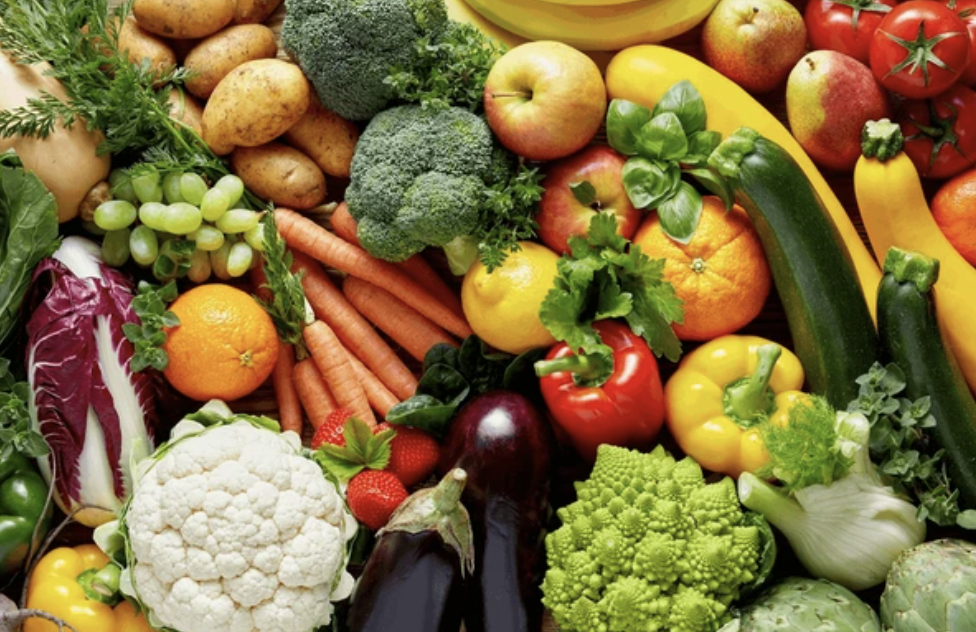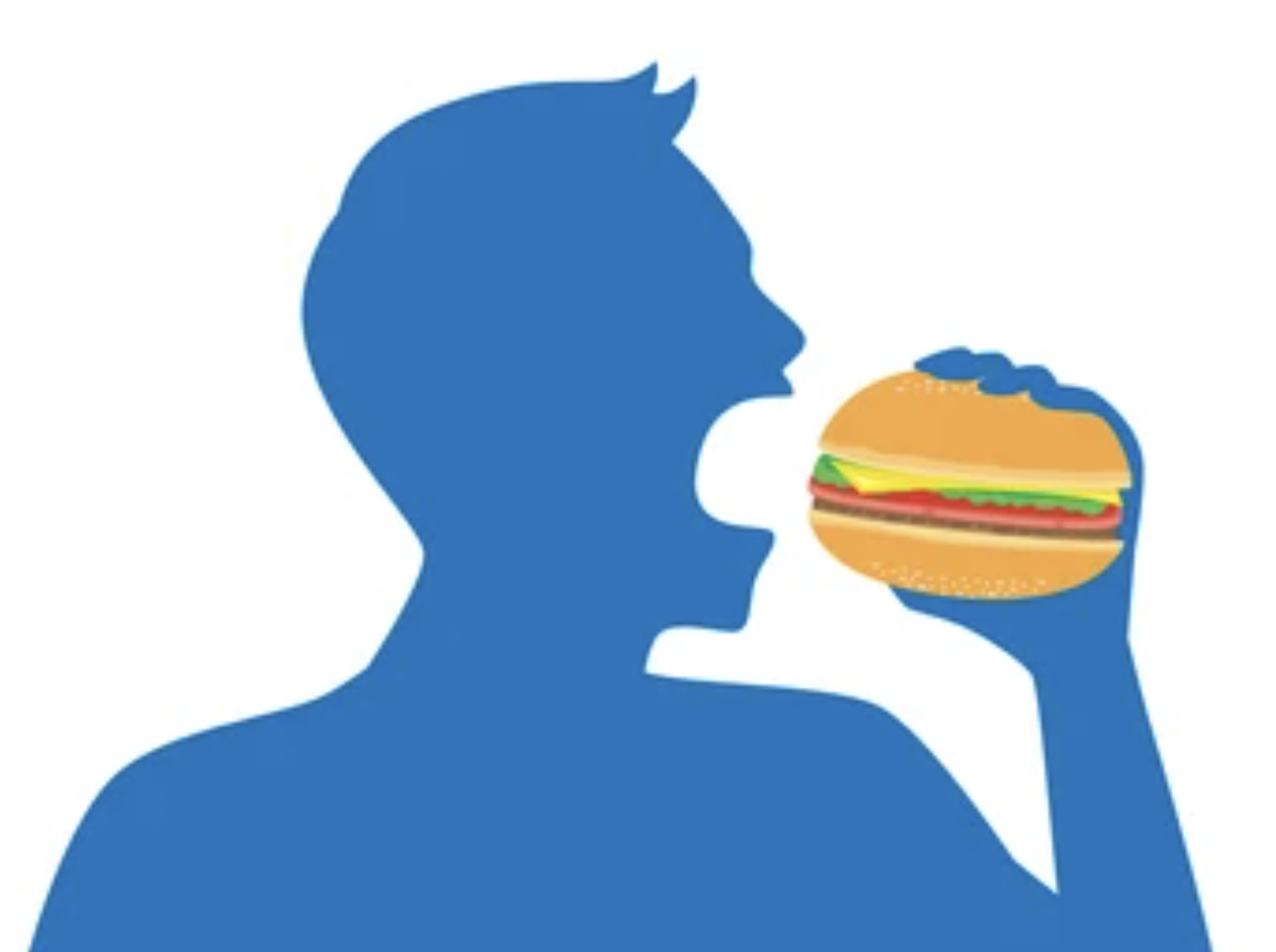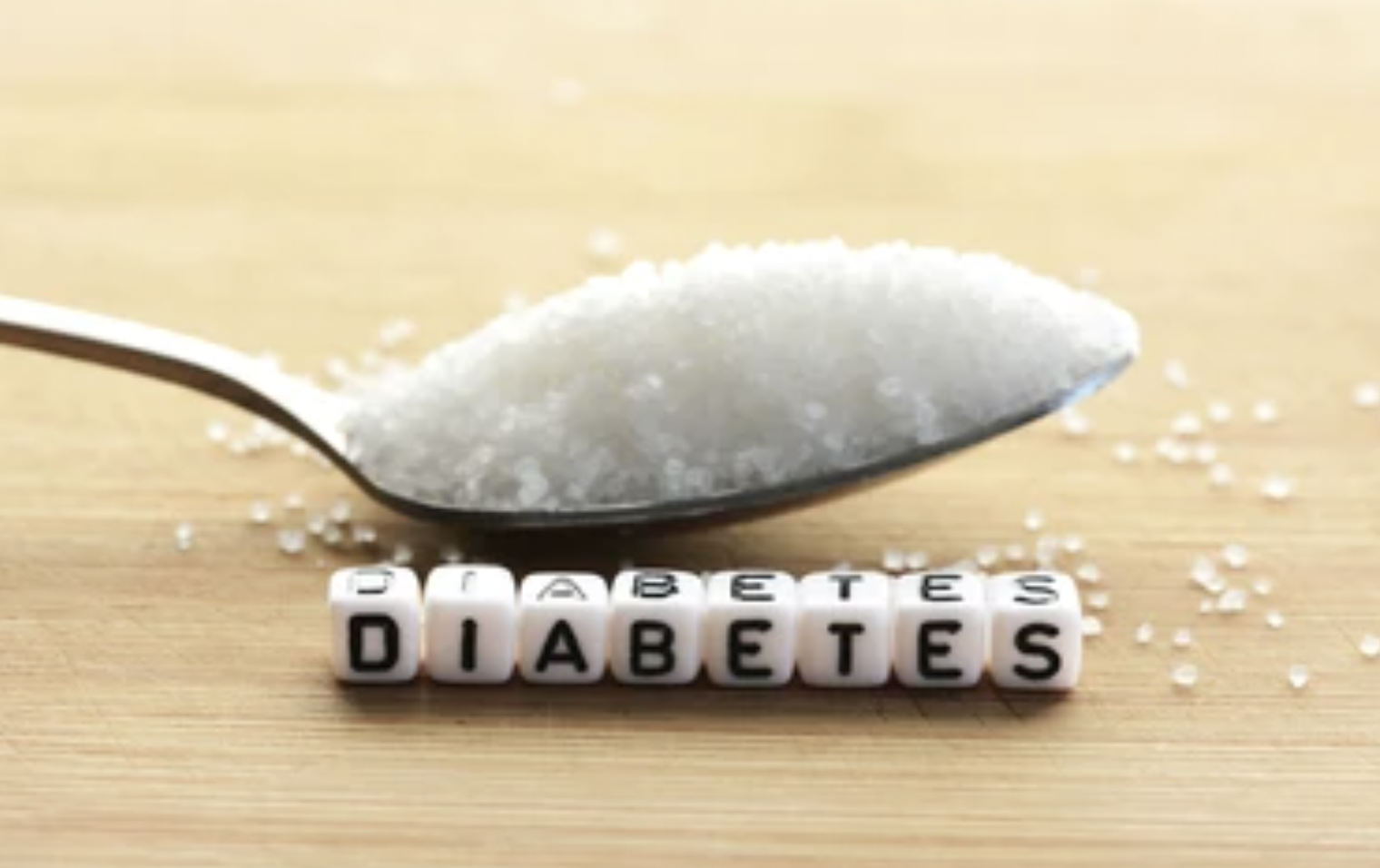Type 2 diabetes affects the way your body uses insulin, a vital hormone for regulating blood sugar levels. Did you know that having this condition doubles your chances of developing kidney stones? Shockingly, using insulin to treat type 2 diabetes increases the risk even further, especially for those with severe cases.
As a diabetic or health enthusiast, you know how important it is to consume a balanced and healthy diet. Vegetables are a crucial part of any healthy lifestyle, but did you know that some vegetables can cause kidney stones? Kidney stones are a painful condition that can be caused by high levels of oxalates in the urine. In this blog, we will go in-depth about oxalates, the vegetables that can cause kidney stones and why, and also name some veggies that do not contain oxalates.
But first, what exactly are kidney stones and how do they form?
Kidney stones form when your urine contains excessive amounts of calcium, oxalate, and uric acid. When these substances become concentrated, they crystallize and create kidney stones. If you have diabetes, insulin resistance can elevate the calcium levels in your urine, making stones more likely. Furthermore, high insulin levels associated with type 2 diabetes can contribute to the formation of uric acid stones.
Oxalates: The Silent Killer
First, let’s talk about oxalates. Oxalates are a natural compound found in several foods, including some of our favorite vegetables. They bind with calcium in the kidneys, creating crystal formations, which can cause kidney stones. It is important to note that not everyone who consumes oxalates will develop kidney stones, but those who are at high risk should be cautious.
There are many vegetables that contain high levels of oxalates. Here are some of the foods that are among the highest oxalate-containing vegetables:
- Spinach
- Kale
- Beets
- Collard greens
- Swiss chard
- Rhubarb
- Soy products like soy milk and soybeans
- Potatoes
- Almonds
- Navy Beans
While these foods are packed with nutrition, much of those nutrients are unable to be absorbed by our body. They can damage our gut and create problems like “leaky gut syndrome” that do serious damage to our bodies ability to digest food and use it for energy.
So, what vegetables should you choose if you’re looking to avoid oxalates? No worries, there are plenty of vegetables that won’t negatively impact your kidneys. Vegetables like carrots, broccoli, cauliflower, Brussels sprouts, cabbage, and bok choy are low oxalate-containing vegetables. They are also packed with vitamins, minerals, and antioxidants that can be absorbed by our body.
Other Factors That Increase Risk of Kidney Stones:
Other factors that increase the risk of kidney stones include a diet high in protein, sugar, and sodium, being overweight or obese, certain diseases, a family history of kidney stones, prior intestinal surgery, and certain medication usage.
While kidney stones can be excruciating, they typically do not cause long-term damage if detected early. Treatment may involve pain management and hydration, allowing the stones to pass naturally. However, in cases where the stone causes complications or blockages, surgery may be necessary.
Preventative measures that can help in avoiding kidney stones:
Most kidney disease in western countries is more advanced kidney disease caused by high blood pressure and Type 2 diabetes. Three-quarters of patients on dialysis are there due to high blood pressure and diabetes. So, ultimately, anything that helps improve diabetes and high blood pressure will also improve kidney health. One strategy known to significantly lower your risk of Type 2 diabetes is fasting, including time-restricted eating. There have been many people who use fasting to reverse diabetes. Exercise is yet another strategy that will lower your risk of diabetes, which will also protect your kidney health.
Another way to prevent the formation of kidney stones is to pair high oxalate vegetables with high calcium foods. The calcium can help bind with the oxalates, preventing them from crystallizing. Some calcium-rich foods include dairy products like milk, yogurt, and cheese, as well as fortified orange juice, tofu, and leafy greens.
Staying hydrated is another way to prevent kidney stones. Drinking water helps flush out toxins and excess minerals from the body, reducing the risk of crystallization. Aim for at least 8-10 cups of water daily, and try to avoid sugary beverages and alcohol.
Additional measures include:
- Keep your blood sugar levels in check through medication, lifestyle adjustments, or both.
- Maintain a healthy, low-salt diet, following the DASH diet recommendations.
- Monitor your consumption of animal protein, such as red meat, poultry, and seafood, as these can raise uric acid levels.
As always, consult with your doctor before making any significant changes to your diet or lifestyle.
By understanding the connection between type 2 diabetes and kidney stones, you can take proactive steps to lower your risk and protect your kidney health.
Conclusion:
In conclusion, if you’re at risk of developing kidney stones, it is important to monitor your intake of high oxalate vegetables. Instead, opt for low oxalate options like broccoli, cauliflower, Brussels sprouts, cabbage, and bok choy. Pair high oxalate vegetables with high calcium foods and stay hydrated by drinking plenty of water. While kidney stones can be a painful condition, understanding how certain vegetables can affect your body can go a long way in preventing them from forming. A healthy and balanced diet is key to maintaining overall health and wellbeing, so don’t be afraid to add a variety of colorful vegetables to your plate today!
This content is for informational and educational purposes only. It is not intended to provide medical advice or to take the place of such advice or treatment from a personal physician. All readers/viewers of this content are advised to consult their doctors or qualified health professionals regarding specific health questions. Neither Abraham Parker, nor the publisher of this content takes responsibility for possible health consequences of any person or persons reading or following the information in this educational content. All viewers of this content, especially those taking prescription or over-the-counter medications, should consult their physicians before beginning any nutrition, supplement or lifestyle program.



